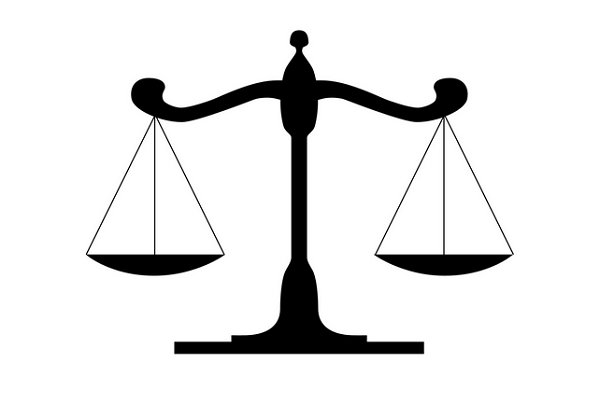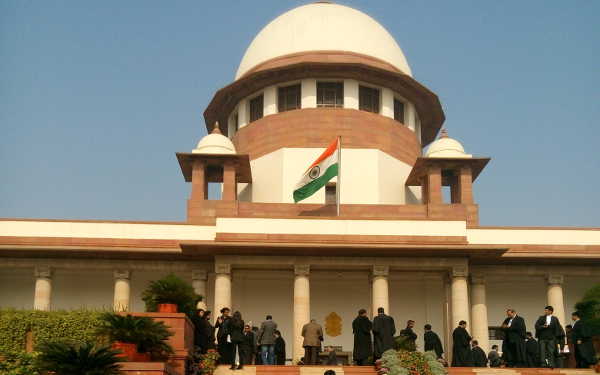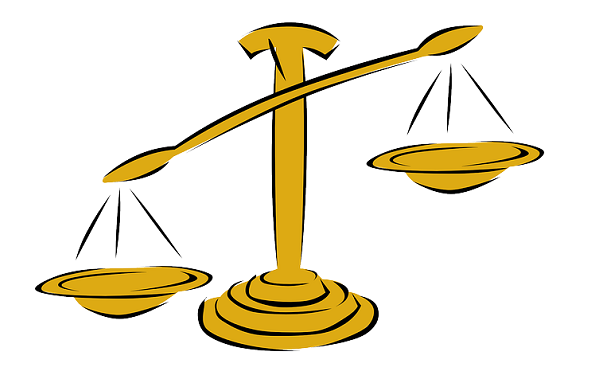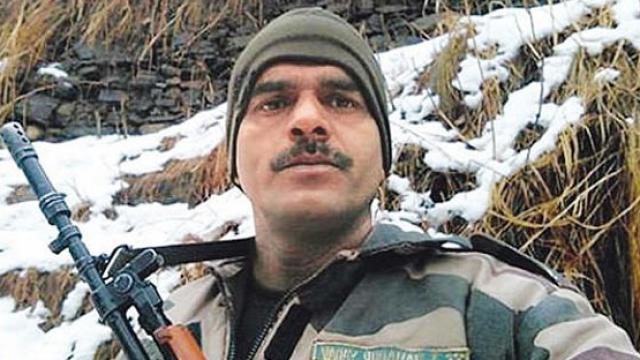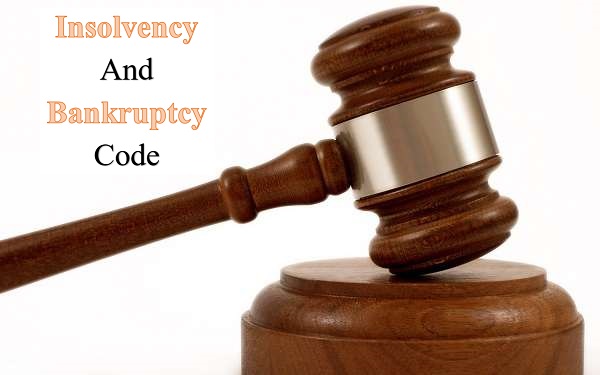At the hearing of the Ayodhya dispute on 6 March 2019, by a 5-judge Constitution bench of the Supreme Court, headed by the Chief Justice of India Ranjan Gogoi, the Supreme Court has reserved its order to decide whether the politically sensitive Ram Janmabhoomi-Babri Masjid land dispute can be adjudicated through mediation.
Firstly, let us understand what is “mediation”, and how it is different from “arbitration”.
Mediation is a form of alternative dispute resolution mechanism, i.e., trying to resolve the dispute other than through the courts. In mediation, a neutral third party (may be one or more such neutral persons) is appointed who assists the parties to the dispute and helps them to arrive at some mutually agreeable settlement of the resolution. All the parties to the dispute are encouraged to actively participate in the mediation process in order to try to resolve the dispute. The mediator, because of his neutrality and special knowledge, tries to facilitate the negotiations between the parties, keeping in view the needs, rights, and interests of the parties. Any resolution of the dispute will only be with consent of the parties.
Please understand now the difference between a mediator and arbitrator.
Arbitration is an alternative dispute resolution mechanism. But, an arbitrator (a neutral third party, generally appointed by parties by consent or by court; there are detailed rules in this regard and the parties may have their own agreement for this purpose) is like a “judge” or a “referee” or an “umpire” who has the legal power to decide the dispute. His decision (which is generally called an arbitral award) is binding like a decree of the court and can be challenged only on some limited grounds. Arbitration has the legal backing of law. At present, Arbitration and Conciliation Act, 1996, governs arbitrations.
On the other hand, a mediator is not a “judge” or “referee”. He is only a facilitator. He helps the parties to arrive at some mutually agreeable resolution of the dispute. But, he does not have power to decide the dispute himself. So, there are times when the mediation may fail if both the parties do not agree to a common solution. So, a mediation is basically a negotiated settlement with the concurrence of the parties, facilitated by a neutral mediator. If the mediation is successful, usually the result is recorded in the form of a memorandum of understanding (MOU) or agreement, wherein the mediator will also sign along with the parties. It is such MOU that becomes binding upon the parties. And, if the mediation was as per the order of the court in a pending case, the MOU / agreement arrived at by the parties, if any, is noted in the order of the court disposing of the case on the basis of such mediation. Once it is done, then such order of the court (which records the agreement / MOU arrived at between the parties in the mediation process) becomes binding on the parties like a regular judgment of the court.
So, the key point in a mediation is that success is not guaranteed. The mediator does not decide the dispute, but only facilitates a resolution of the dispute by his active encouragement to the parties by giving his expert help. Despite mediation, both parties may REFUSE to agree for a settlement. In that way, mediation may fail too.
Let me tell you from my personal experiences. In many of my cases, mediation initiated by orders of the Supreme Court has been successful. Sometimes, even very complicated disputes have been resolved, which were otherwise pending for several years. At the same time, there have been some cases in which the mediation did not succeed; the result is then reported to the Supreme Court and the case then proceeds on merits in the court.
In my service during IPS too, I have seen many disputes being resolved through mediation between warring parties. I have myself facilitated many such mediations with the consent of the parties. I have myself successfully acted as a mediator in some complicated disputes during my service, which could have otherwise led to serious law & order problems, but due to such mediation such law & order problems could be averted by way of amicable settlement.
So, mediation is possible in the Ayodhya dispute. Whether or not such mediation succeeds is, of course, a different matter.
It is true that past attempts at solving the Ayodhya dispute through negotiations have failed. But, usually, a mediation sponsored / ordered by the Supreme Court has a better chance of success, because this is the final / apex court, and usually people try their best to try to find a solution when the apex court is involved. So, there is no harm in trying a mediation if the Supreme Court wants to order it.
Moreover, from media reports, it appears that some former judges of the Supreme Court are likely to be appointed as mediators (of course, to the extent possible, they will be appointed with the consent of the parties). Due to their expertise in dispute resolution, these retired judges can definitely facilitate the mediation between the parties.
And, if the parties to the dispute still do not agree to a mutually agreeable solution, then, of course, the mediation will fail and the mediators will report such failure to the Supreme Court.
So, mediation is only an attempt to solve the Ayodhya dispute. If may succeed or it may fail. It is not binding that some solution should definitely come out of it. So, there is no harm in trying to find a solution through mediation. Let a few more months be spent on a dispute which has taken some decades already.
Thus, mediation in Ayodhya is possible. Definitely possible. However, success of mediation is not guaranteed. It may or may not succeed. If this mediation fails, then ultimately the Supreme Court will decide the dispute on merits. And, if the mediation succeeds (with consent of all parties to the dispute), then it will be recorded in the Supreme Court order and it will become the court order.


